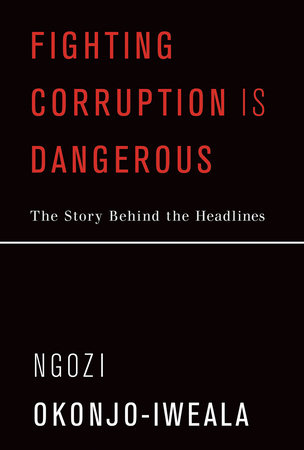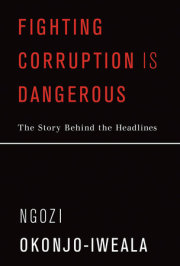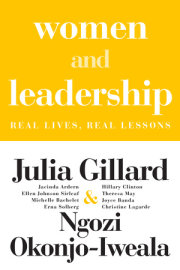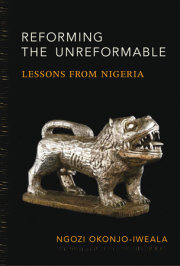Preface
Acknowledgments
About Nigeria
Abbreviations
Chapter 1. The Intimidation Game
Chapter 2. Return to a Troubled Country
Chapter 3. Confronting the Oil Scammers
Chapter 4. A Twisted Budget Process
Chapter 5. Opaque Deals and International Scams
Chapter 6. Public Service Scams: Ghost Workers, Ghost Pensioners, and Embezzlers Masquerading as Reformers
Chapter 7. Anti-Feminists, Ethnic Jingoists, and Economic and Political Ideologues
Chapter 8. Reflections from the Frontlines
Annex 8.1. The Tragedy of the Missing Chibok Girls and an International Initiative to Keep Schools Safe in Nigeria
Epilogue: The Battle Continues
Appendix 1. Selected Articles about Ngozi Okonjo-Iweala in the Nigerian Press and Assorted Blogs, 2011-16
Appendix 2. Tables for Chapters 4 and 7
Notes
References






